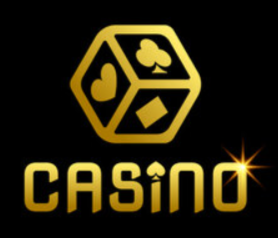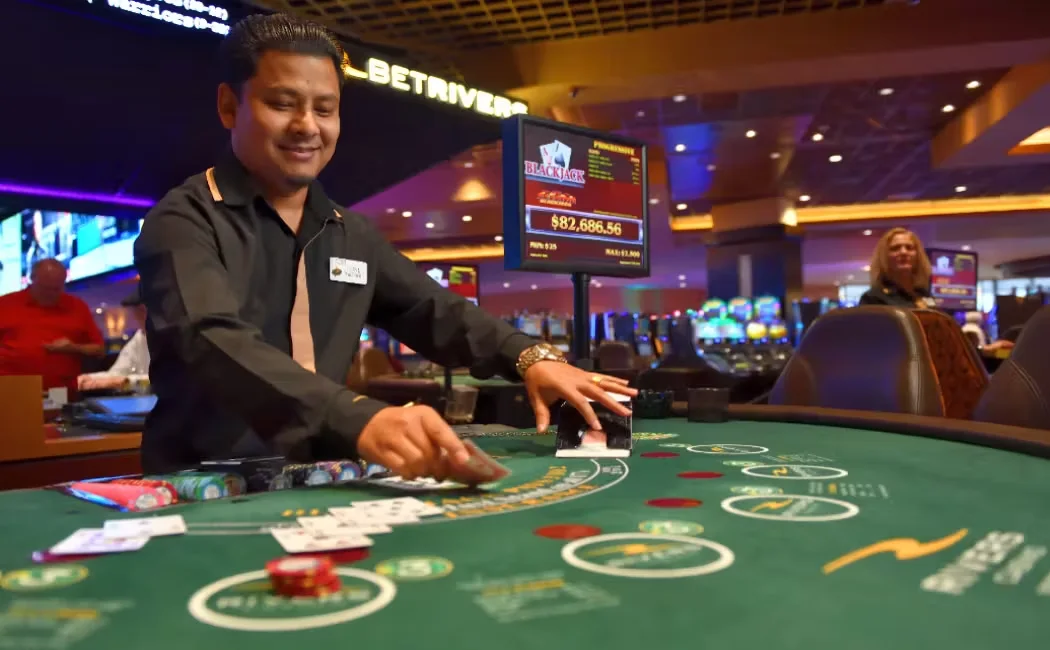The Mirror in the Casino
What happens to a person’s perception of self after years of frequenting the casino floor? It is more than just a change in routine. The environment, the wins and losses, the routines, and even the people encountered – all act as a psychological mirror, slowly reshaping how a player views themselves. Online and physical platforms like casino Nine offer continuous engagement and immersion, making the transformation even more subtle and profound.
This article investigates the layered transformation of self-identity experienced by long-term gamblers. With expert insights, behavioral psychology, and personal accounts, we explore what the mirror truly reflects after years at the table.
The Casino as an Identity Arena
Constructing the ‘Player Persona’
Casinos foster a unique environment where players adopt a role – a version of themselves defined by chance, strategy, luck, and competition. Over time, this “player persona” can become central to how one identifies themselves.
The Alter-Ego Effect
Many report feeling like a different version of themselves when inside the casino space. This dissonance between everyday self and gambling self can cause subtle identity confusion, especially when reinforced over the years.
Behavioral Psychology of Habitual Gambling
Neuroplasticity and Self-Reinforcement
Engaging regularly in casino activities reshapes neural pathways. Repeated emotional responses (excitement, frustration, anticipation) become encoded into one’s habitual response system, subtly shifting baseline emotional expectations.
Feedback Loops and Reward Identity
As rewards become part of the player’s routine, they tie self-worth to outcomes. A win boosts identity. A loss challenges it. Over years, this dynamic rewires self-perception to depend on the spin of a wheel or flip of a card.
Emotional Shifts Over Time
From Euphoria to Numbness
What begins as thrill often morphs into normalization. Long-term players frequently describe a dulling of excitement and a search for deeper emotional triggers to find the same satisfaction.
The Guilt-Validation Cycle
After losses, self-reflection often tilts toward guilt. Wins may be met with validation. This seesaw between guilt and pride becomes a persistent lens through which players see themselves.
Physical vs. Digital Mirrors
In-Person Casino Self-Image
Physical casinos involve mirrors, luxury, lighting – all carefully curated to influence player mood and self-esteem. Appearance matters. Status is observed. Ego is involved.
Online Casino Perception
Digital environments create avatars, rankings, and loyalty status, which reflect back a constructed version of self. The profile becomes a mirror: a curated identity that may feel more rewarding than the real one.
Insights from Experts
Dr. Lydia Mouzakitis, Identity Psychologist
“Extended gambling experience becomes an immersive narrative. The more time invested, the more the individual blends the boundaries between who they were and who they play to be.”
Alex Markou, Game Behavior Analyst
“We notice long-term players personalize their profiles, chase badges, and form identities around their gaming history. This becomes more than play – it’s a virtual autobiography.”
The Role of Memory and Self-Deception
Selective Memory Bias
Players tend to remember their wins more vividly than their losses. This bias reinforces a self-image of being lucky, capable, or deserving, even if reality reflects otherwise.
The Justification Loop
After repeated sessions, players develop rationalizations: “It’s my hobby,” “It relaxes me,” or “I’m good at this.” These narratives protect self-esteem but often distort self-perception.
Social Identity and Group Dynamics
Becoming Part of a Subculture
Long-term gamblers often form communities – online chatrooms, forums, casino friendships. These groups provide validation and reinforce shared identity.
Mimicry and Peer Modeling
Over time, players unconsciously mirror behaviors and attitudes of their community. Identity is shaped not only by personal choices but collective norms.
From Control to Compulsion
The Illusion of Mastery
With years of experience, many believe they’ve developed a mastery of games. This belief solidifies a sense of control over outcomes, reinforcing a confident self-perception that may not align with statistical reality.
Shifting Goalposts
Early motivations (fun, curiosity) evolve into compulsive behaviors masked as skill-based persistence. This shift happens gradually but significantly affects self-awareness.
Player Testimonies
Ioannis, 45, Kalamata
“I used to feel clever playing blackjack. Now I just feel numb. I still log in daily, but I’m not sure why anymore. It’s become part of who I am.”
Eleni, 37, Thessaloniki
“My casino profile feels more ‘me’ than my real life sometimes. The rewards, the wins, the titles – they reflect effort and skill I don’t get recognized for elsewhere.”
Mirror Cracks: The Crisis Points
When the Reflection Shatters
Major losses, personal conflicts, or long bouts of bad luck can trigger identity crises. Players may suddenly see the gap between their self-image and reality.
Recovery and Disillusionment
Some confront the mirror and step back – joining support groups or seeking therapy. Others double down, attempting to restore the former image they had built within the casino world.
Tools for Reflection and Self-Regulation
Self-Audit Prompts
Casinos can offer tools to ask players reflective questions: “Why are you playing today?” or “How do you feel when you win or lose?” These moments can spark self-awareness.
Identity Anchoring
Encouraging players to anchor identity outside the casino – hobbies, relationships, achievements – provides a balance against casino-driven self-definition.
Ethical Implications for Casinos
Responsibility Beyond the Game
Platforms recognize their influence on identity and emotion. Ethical design includes mood tracking, time limits, and player well-being prompts.
Transparency in Reflection
Showing players their play patterns over time – wins, losses, duration – acts like a reality check mirror. Data visualization becomes a tool for insight.
Conclusion: Seeing Yourself Clearly Again
The casino mirror isn’t inherently deceptive – but it is selective. Over years, players absorb emotional highs, intellectual justifications, and social reinforcements that reshape their identity. Understanding this process allows players to step back, realign with their core values, and view the mirror not as a judge, but as a lens.
The goal is not just to entertain – but to empower. By integrating tools that encourage self-awareness and emotional reflection, long-term play can evolve from blind immersion to conscious engagement.

